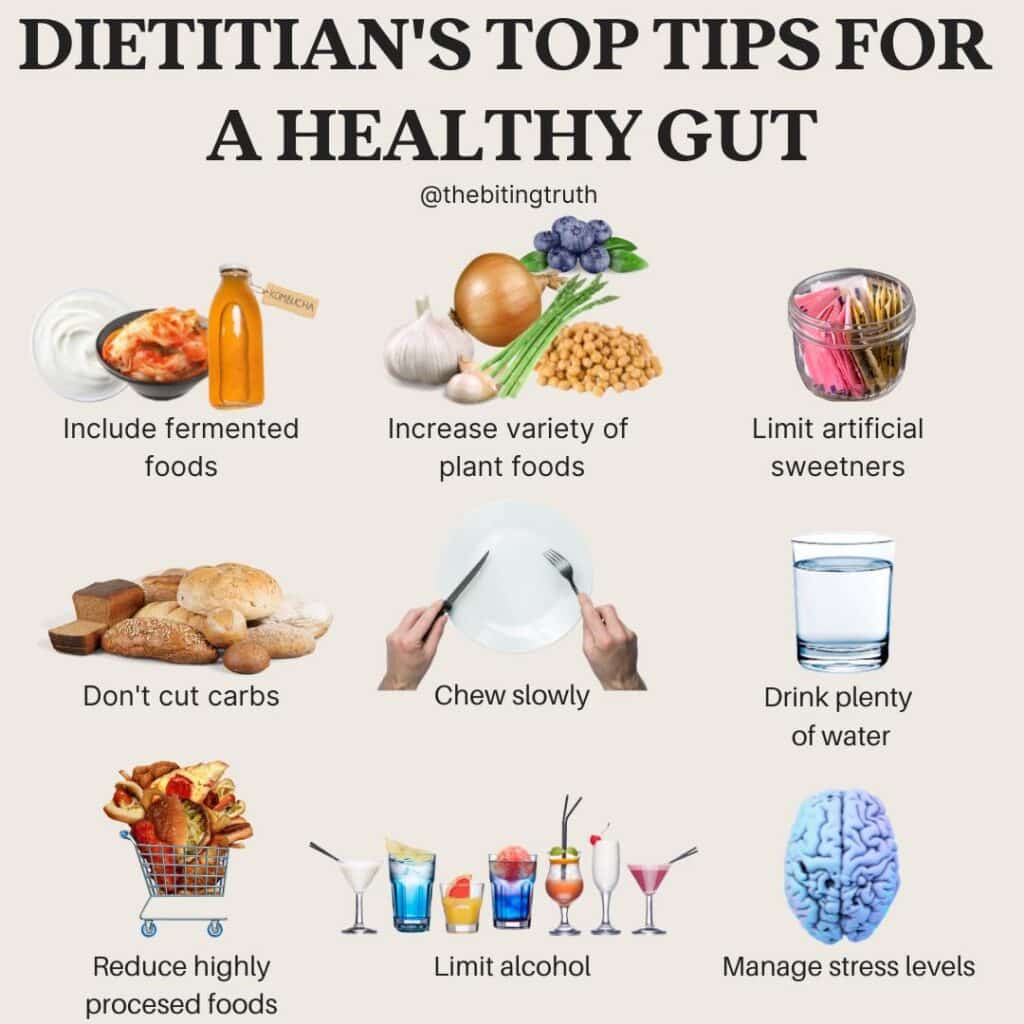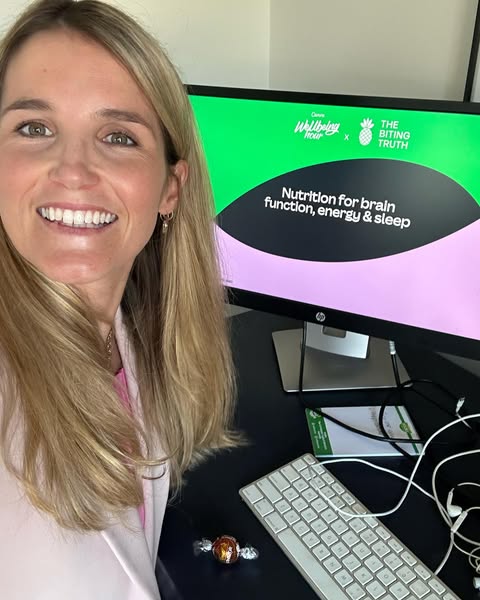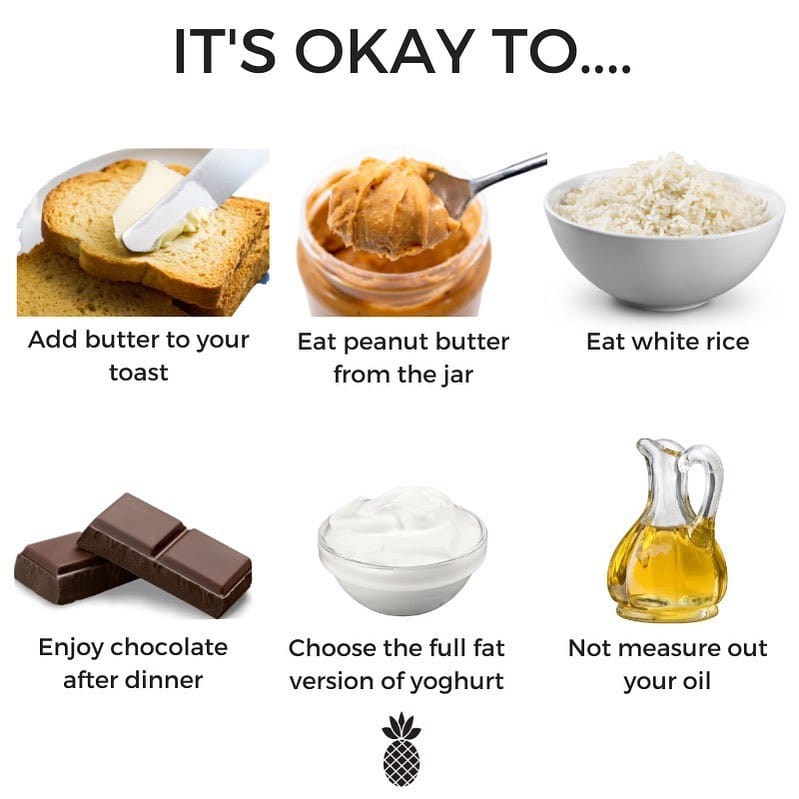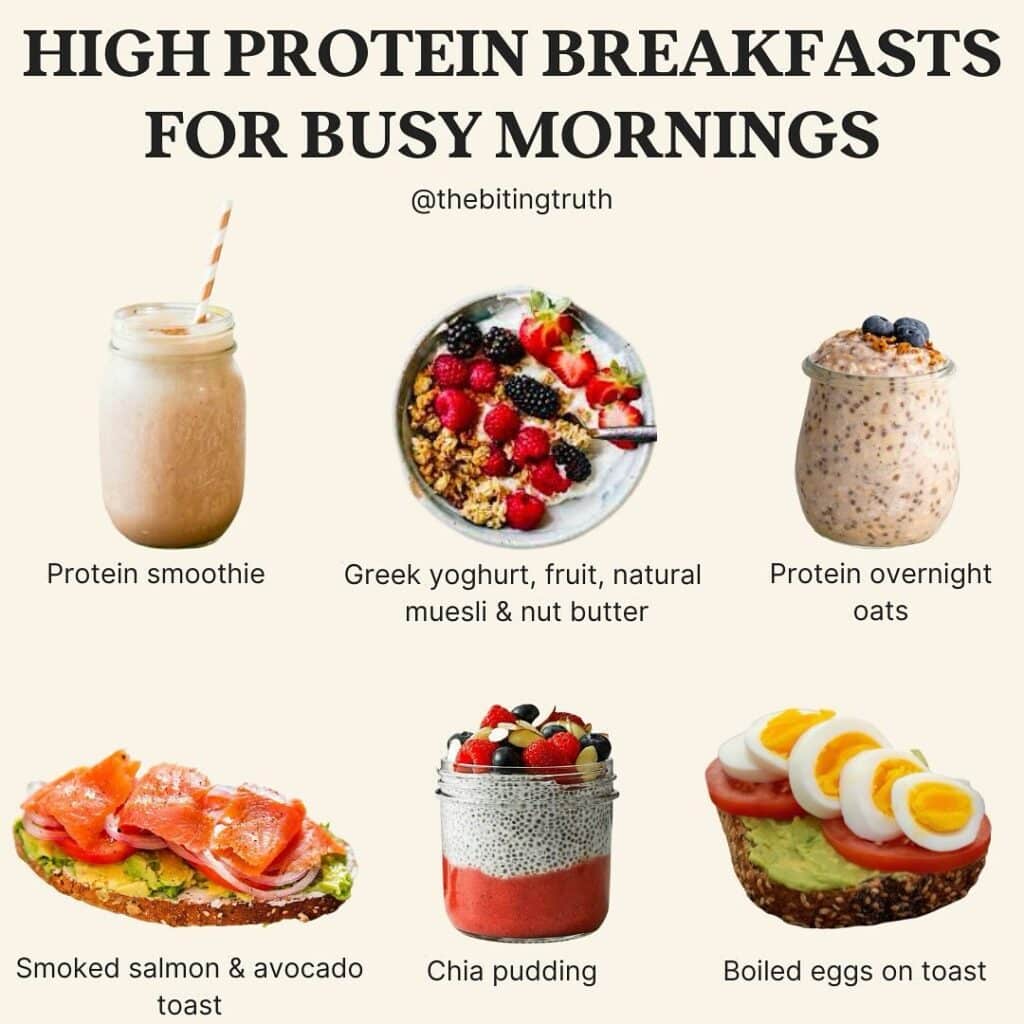Keeping your heart healthy is important and fortunately there are many simple steps you can take to keep your heart in tip top shape.
While weight control and regular exercise are critical for keeping your heart in good health, adopting and maintaining a healthy diet is equally as important. In fact, along with other healthy lifestyle choices, a heart-healthy diet has been shown to reduce your risk of heart disease or stroke by 80%. The food choices you make have a big impact on your cholesterol and blood pressure levels, which play an important role in heart health.
Check out this guide where we share our top 5 tips to help you eat your way to a healthier heart.
A diet high in salt can contribute to high blood pressure, which is a leading risk factor for heart disease. Reducing your intake of salt is important to help manage your blood pressure and prevent heart disease. The government guidelines recommend no more than one teaspoon of salt per day for adults. This might sound achievable however your intake of salt can add up quite quickly.
Reduce your sodium intake with these simple tips:
The salt in your diet doesn’t just come from the salt shaker. In fact, 80% of the salt in our diets comes from packaged foods. Check the nutrition label and ideally choose products low in salt (120mg or less per 100g) or reduced salt foods (400mg or less per 100g).
You don’t need to avoid fats entirely to look after your heart health. Instead, focus on replacing the unhealthy fats in your diet with healthy fats.
The best fats to include in your diet are monounsaturated and polyunsaturated fats. Incorporating these healthy fats into your diet each day will help to keep your cholesterol levels within the healthy range. Good sources include extra virgin olive oil, unsalted nuts, nut butters and seeds, salmon and avocado.
Saturated fats, although not as harmful as trans fats, have been shown to negatively impact health and are best consumed in moderation. Foods containing large amounts of saturated fats include red meat, butter, cheese and ice cream. Some plant based fats like coconut oil and palm oil are also rich in saturated fat.
Trans fats are the types of fats found predominantly in processed foods. Even when eaten in small quantities, these types of fats have been shown to increase disease risk by increasing the bad LDL cholesterol, decreasing the good HDL cholesterol and increasing inflammation. Trans fats are found in baked and fried foods such as pastries, pies, hot chips and battered foods.
Fibre is a nutrient found in plant foods that is not digested in the small intestine (like other nutrients) and moves mostly unchanged to the large intestine where it is fermented by the bacteria that reside there.
There are three main types of fibre: soluble, insoluble and resistant starch. All have different roles in the body, however, when it comes to the health of the heart, soluble fibre plays a key role. Soluble fibre helps to lower levels of “bad” LDL cholesterol by binding to it and removing it from the body. This is important because too much LDL cholesterol in the body can lead to a narrowing of the blood vessels, which can be detrimental for your heart health.
Another bonus of high fibre diets is that they can also help you to lose weight, which can be beneficial for heart health. Obesity or being overweight can increase our risk of high blood pressure, high cholesterol and coronary heart disease. When increasing fibre in your diet, it’s best to start slowly and build up gradually to prevent any stomach upset.
Good sources of soluble fibre include:
A heart healthy diet should consist of a variety of fruits and vegetables. Fruits and vegetables are full of the good stuff to help look after the health of your heart – vitamins, minerals and antioxidants, plus they’re low in kilojoules.
Free radicals are compounds that can damage cells and are believed to play a role in chronic diseases such as heart disease. Antioxidants, found in foods, are believed to protect cells against the effects of these free radicals and therefore help reduce the risk of disease. Lycopene, an antioxidant found in red fruits and vegetables such as watermelon and tomato has been shown to be protective against heart disease. Vitamin E found in wheat germ, nuts such as almonds, walnuts and hazelnuts and monounsaturated oils has also been linked to preventing or delaying heart disease.
Fruits and vegetables such as kale, edamame beans, rockmelon and asparagus are also important sources of folate. Folate helps to lower blood levels of the amino acid homocysteine, which appears to be linked to an increased risk of heart disease.
How to add more fruits and vegetables to your diet:
—
Notes:






